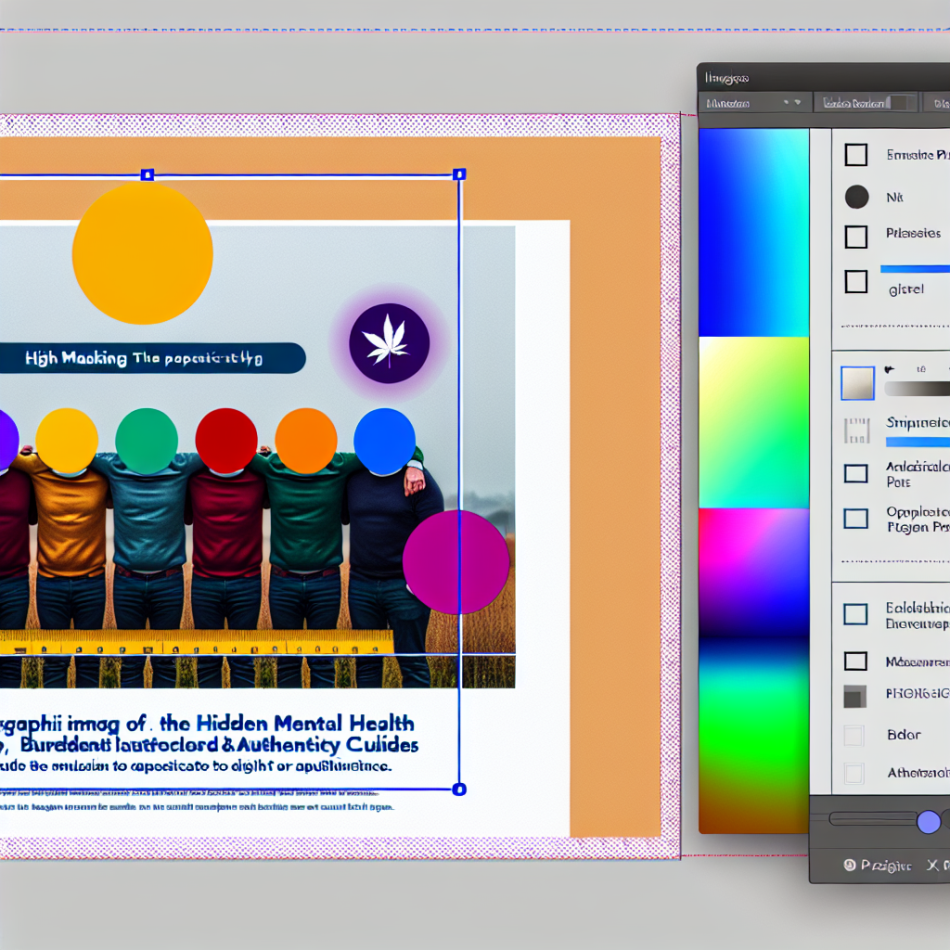The Hidden Burden of High Masking
In a world that often prioritises appearances over authenticity, many individuals learn to ‘mask’ their true emotions or neurodivergent traits to fit societal norms. However, the ability to mask effectively does not equate to a lack of internal struggle. This article explores the mental health costs of high masking, the societal pressures that sustain it, and why recognising this invisible labour is vital for fostering genuine wellbeing.
What Does ‘High Masking’ Really Mean?
Masking refers to the conscious or unconscious suppression of natural behaviours, emotions, or traits to conform to social expectations. Commonly observed in neurodivergent individuals—such as those with autism or ADHD—it also affects people managing mental health conditions like anxiety or depression. Examples include forcing eye contact, mimicking ‘acceptable’ emotional responses, or hiding sensory sensitivities. While masking can offer short-term social acceptance, it often demands exhausting cognitive and emotional labour.
The Silent Toll on Mental Health
Sustained masking fractures the connection between one’s internal state and outward expression. Over time, this dissonance can lead to emotional burnout, chronic stress, and a heightened risk of anxiety or depression. Research shows that neurodivergent individuals who mask heavily are more likely to experience suicidal ideation. The energy spent maintaining a facade leaves little room for self-care, perpetuating a cycle where the individual becomes increasingly isolated—even amidst social acceptance.
The Paradox of Invisibility
One of the cruelest ironies of high masking is that it renders suffering invisible. Friends, colleagues, or even healthcare providers may dismiss struggles because the individual ‘seems fine.’ This lack of validation exacerbates feelings of alienation, as the person begins to doubt their own experiences. The pressure to keep up the act intensifies, creating a feedback loop where seeking help feels impossible without ‘proof’ of distress.
Societal Pressures and the Demand for Conformity
Why do people mask so relentlessly? Societal structures often penalise divergence. Schools and workplaces reward ‘normalised’ behaviour, while stigma silences those who deviate. For marginalised groups—such as women or people of colour—the stakes are even higher. Masking becomes a survival tactic to avoid discrimination or exclusion. However, systems that prioritise productivity over humanity fail to acknowledge how this erodes mental resilience, leaving individuals to bear the cost alone.
Recognising the Signs—In Ourselves and Others
Identifying high masking requires sensitivity to subtle cues:
- Withdrawal after social interactions: Needing prolonged isolation to ‘recover.’
- Inconsistency between public and private behaviour: A cheerful demeanour at work contrasted with emotional shutdowns at home.
- Physical symptoms: Chronic fatigue, headaches, or digestive issues linked to stress.
Creating safe spaces for unmasking starts with empathy. Instead of asking, “Why aren’t you coping?” consider, “What do you need to feel safe?”
Towards Authenticity: Reducing the Need to Mask
Combating the harms of masking requires systemic and individual change. On a personal level, self-compassion is crucial: acknowledging that masking is a response to external pressures, not a personal failure. Gradually unmasking in trusted environments can rebuild authenticity. Systemically, organisations must move beyond performative inclusivity—for example, offering flexible work arrangements or sensory-friendly spaces—to reduce the need for masking in the first place.
Conclusion: Valuing Authenticity Over Performance
High masking is not resilience—it is a survival strategy with diminishing returns. While it may offer temporary social protection, the long-term erosion of mental health is too steep a price. By challenging societal norms that equate conformity with competence, and prioritising environments where people can exist without performance, we create a culture that values genuine wellbeing. Recognising the hidden toll of masking isn’t just compassionate; it’s a necessary step towards a healthier, more inclusive world.
